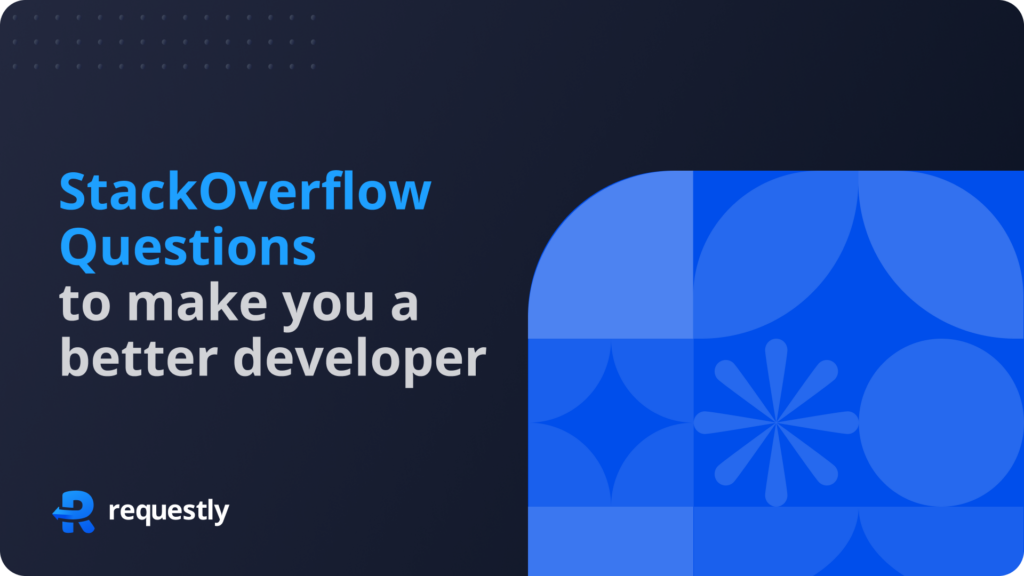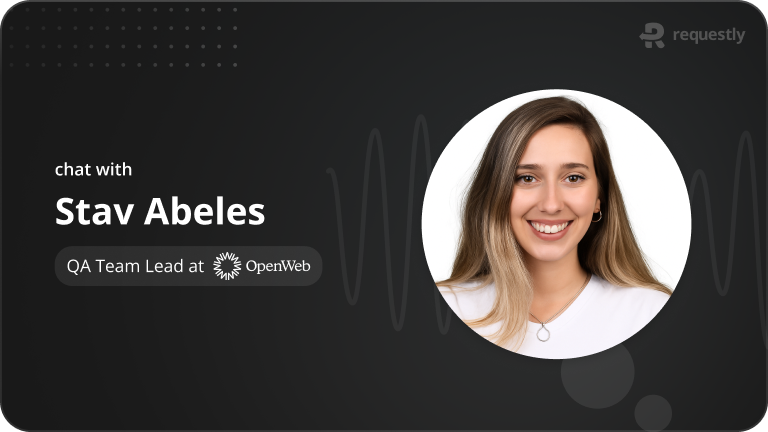10 StackOverflow Questions that you will make you a good web developer

Being a developer is not easy. Continuous learning and problem-solving are essential to staying up-to-date. One of the best resources for developers to find answers to everyday problems is StackOverflow Questions. Apart from solving your day-to-day problems, you can also find very deep insights explained in very easy-to-understand concepts. This is one of the main motives of StackOverflow: to solve problems in the best and easiest way possible.
Do you want to know the most popular and insightful Q&A on SO?
Below, we’ve compiled a list of top StackOverflow questions that provide deep insights into some commonly used concepts that you generally don’t explore further. These questions feature detailed discussions and simplified explanations for difficult problems, offering valuable knowledge and practical techniques to enhance your skills.
Top 10 StackOverflow Questions
- Why is processing a sorted array faster than processing an unsorted array?
- Learn how CPU cache behaves differently with sorted and unsorted data, affecting processing speed.
- Understand principles of branch prediction and why sorted data contributes to fewer prediction errors.
- See real-world examples and explanations of why sorting arrays can improve performance in certain scenarios.
- How do I force git pull to overwrite local files?
- Discover the specific Git commands needed to forcefully overwrite local changes during a pull.
- Learn best practices for resolving conflicts and ensuring a clean working directory when using Git.
- Explore common scenarios where this might be necessary, such as collaborative projects with frequent changes.
- Can comments be used in JSON?
- Understand why JSON does not support comments according to its specification.
- Learn about alternative methods to include human-readable notes without using actual comments in JSON.
- Discover best practices for documenting JSON data structures while adhering to the standard.
- What and where are the stack and heap?
- Get a clear explanation of stack and heap memory, how they are used, and their differences.
- Understand the impact on performance and debugging when using stack vs. heap.
- See examples of scenarios in programming where knowledge of stack and heap is crucial.
- Move the most recent commits to a new branch with Git
- Learn the specific Git commands to move commits from one branch to another.
- Understanding how to manage your commit history effectively can improve collaboration.
- Discover how to fix common mistakes in your Git workflow by manipulating commit history.
- What is the difference between px, dip, dp, and sp?
- Get an overview of different measurement units in Android development and what they mean.
- Learn how to make your app responsive across devices with varying screen densities.
- Understand when to use each unit to ensure a consistent user interface design.
- What is the maximum length of a URL in different browsers?
- Find out the URL length limitations for different browsers and why these limits exist.
- Understand the potential problems with long URLs and how to avoid them.
- Get practical tips on structuring URLs to ensure compatibility across various browsers.
- What is a plain English explanation of Big O notation?
- Learn what Big O notation means and why it’s important for analyzing algorithm efficiency.
- Get plain English explanations and analogies making complex concepts easier to grasp.
- Understand how to use Big O to identify bottlenecks and optimize your code.
- What is the difference between a URI, a URL, and a URN?
- Understand the differences between URI, URL, and URN, which are often confusing terms.
- Learn when to use each term correctly in your web development projects.
- Enjoy clear, simplified explanations that make the distinctions easy to remember.
- Why does Google prepend while(1); to their JSON responses?
- Discover Google’s rationale behind using
while(1);as a security measure in JSON responses. - Learn about how this technique helps prevent certain types of injection attacks.
- Understand why this was a common practice and its relevance in web security.
- Discover Google’s rationale behind using
I hope these 10 questions are enough for today. You can find technology specific questions on StackOverflow. Go to all questions & filtering by tag related to your tech like python, reactjs, go, mysql, javascript etc. and scan the list of results, read the ones that interest you.
Further Reading
- How to become a Frontend Developer?
- Learn Frontend Development with Free Tutorials, Cheatsheets & Docs
- Top 10 VS Code Extensions by Expert Frontend Developers in 2024
Follow us for more such articles.
Contents
Subscribe for latest updates
Share this article
Related posts



















